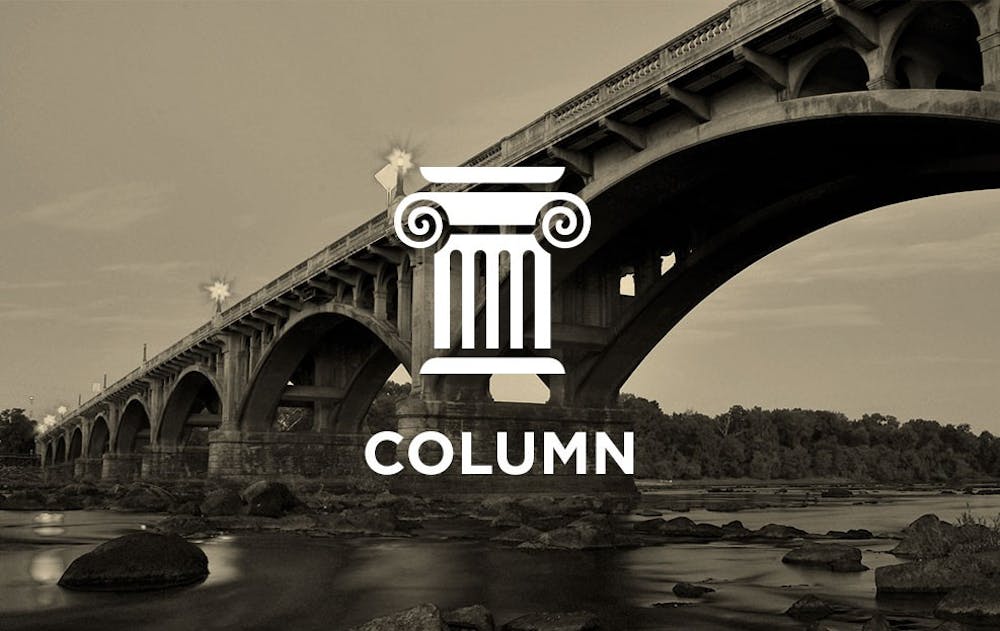In the Monday paper, Ben Turner criticized Donald Trump's racist "southern strategy," and rightfully so. It's been observed ever since "The Donald" joined the race for the White House that he brings with him a shadow of racism, nationalism and xenophobia that is unbecoming of American politics. And on Tuesday, Speaker of the House Paul Ryan had some harsh words for the Republican front-runner about his failure to denounce former KKK leader, David Duke, in interviews this weekend.
The nominee of the Republican Party "must reject any group or cause that is built on bigotry," Ryan said. "This party does not prey on people's prejudices." He has been echoed in this statement by Senate Majority Leader Mitch McConnell.
Here's the problem: They're wrong. Which is not to say that all Republicans are racist, or that no Democrats are, or that conservatism is a naturally bigoted ideology while liberals are pristine paragons of unbiased thinking. Those things are clearly incorrect, misleading generalizations, and especially when applied to Trump, who is drawing third-party and liberal voters as well as conservative ones, they simply don't hold water.
But the Republican party clearly has a serious problem, and Trump is the outcome of that problem. Over 35 percent of Republican voters support him, and he's undeniably racist, or at least doing a wonderful imitation of it. Now, it could be argued that those voters simply have nowhere better to go, since many of the other candidates are undesirable for other reasons. But you only have to look at the demographics of Republican voters to see that that may not be the end of the problem.
The Republican voting bloc is older and whiter than that of the Democrats. Coincidentally, older people tend to be more racially prejudiced. And the fact that the current Republican party loses out with every major racial group except white people should say something about whose interests they're more likely to cater to. The current establishment Republicans, like McConnell and Ryan, favor voter suppression, which disproportionately affects people of color; anti-immigration policies, which extends to their views on refugees; and anti-affirmative action policies.
The Republican party of Lincoln was on the side of emancipation, and for years after the end of the Civil War, white southern voters voted Democratic to spite that legacy. In fact, the Republican party has been on the right side of many racial issues, even up through the sixties and seventies.
But that is not the Republican party of today. The Republican party of today — in Washington, state legislatures and the media — supports issues that appeal to its voting bloc, which is an entirely reasonable thing to do. Racist voters are still voters, and they are currently a part of the Republican constituency, even though they haven't always been. Once upon a time, the Democrats would have been the ones appealing to the views of bigoted voters.
But the recent GOP catering to these voters has allowed this apparent split of the party between "racist" and "not racist." Saying that you're anti-welfare because you "don't want to make black people's lives better by giving them someone else's money" legitimizes racist thoughts about poverty and welfare. Fox News' repeated claims that racism doesn't exist anymore have paved the way for Trump to come from behind and surprise leaders who have been subtly appealing to racist attitudes for years.
Conservatives may not be racist. But the constituency Republicans have recently constructed has virulently racist strains running through it, and the establishment has been doing nothing to discourage that.
Washington Republicans are reaping what they've sown with Trump, and reasonable conservatives are paying the price as their party desperately tries to topple their presumptive nominee.

